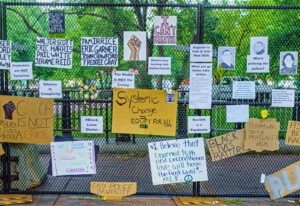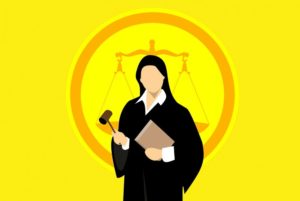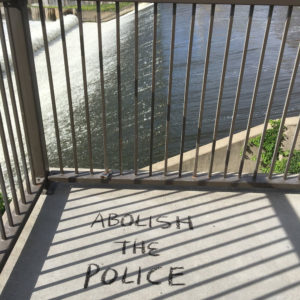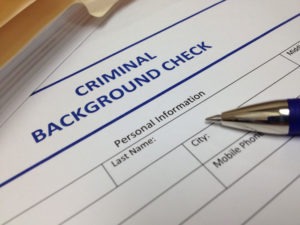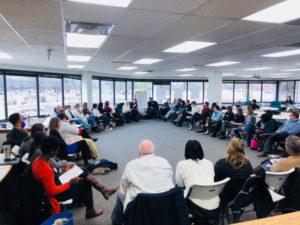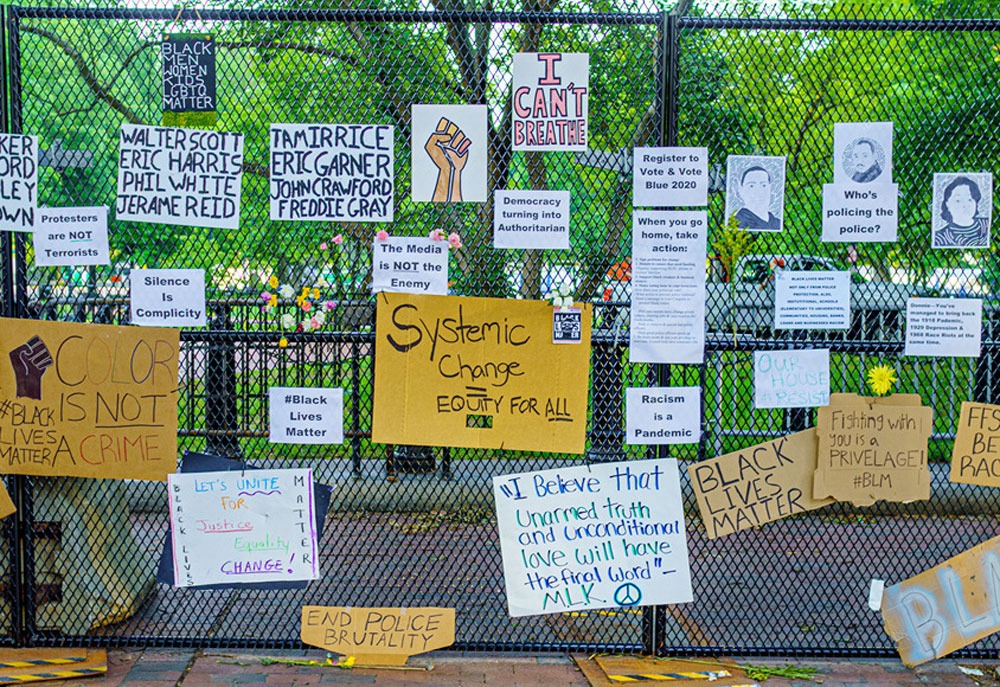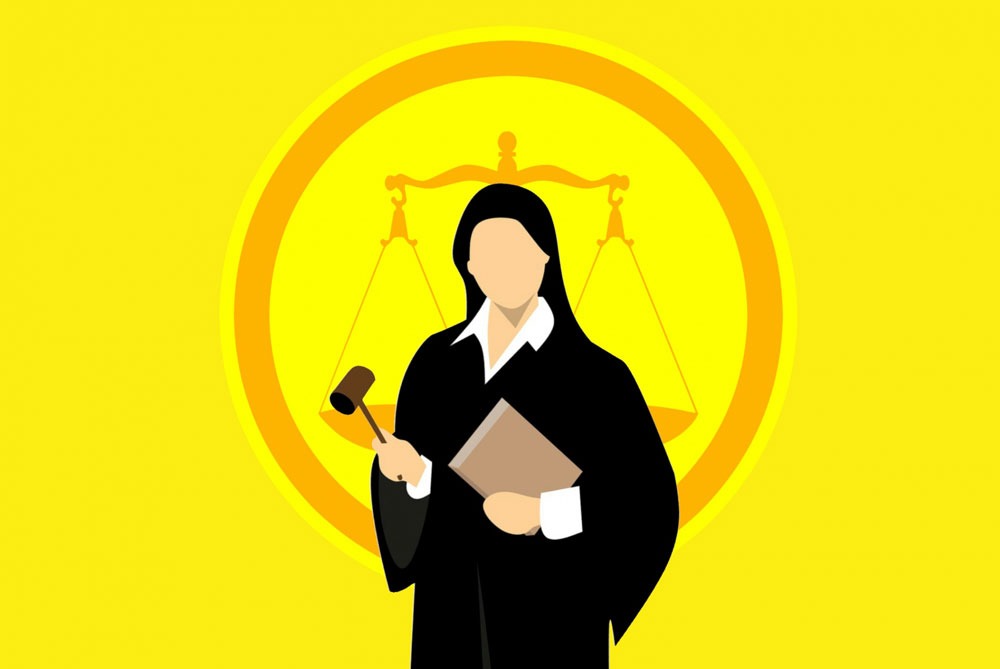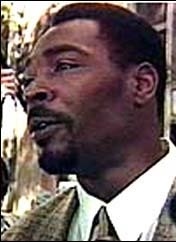
April 28, 2015; Los Angeles Times
Twenty-three years separate the headlines about Rodney King and Freddie Gray; 2,300 miles separate the cities of Baltimore and Los Angeles. Quite a distance apart in time and space, but their disturbing similarity has much to teach us about how little progress our nation has made in curing the ills of racism and poverty.
Twenty-three years ago, a Los Angeles jury acquitted four LAPD officers on charges resulting from the violent beating of Rodney King, which had been captured on videotape and broadcast around the world. In response to the verdict, large portions of Los Angeles erupted in protest and the demand for justice. The toll in Los Angeles, according to the L.A. Times, was “53 dead, 2,000 injured, 11,000 arrested and a billion dollars in damage.”
In the weeks and months that followed, a national debate took place about the causes and meaning of this violence and frustration. Historian Mike Davis, writing in the Nation just weeks after the smoke had cleared, saw the moment as a flex point from which conditions would improve:
“The balance of grievances in the community is complex. Rodney King is the symbol that links unleashed police racism in Los Angeles to the crisis of black life everywhere, from Las Vegas to Toronto. Indeed, it is becoming clear that the King case may be almost as much of a watershed in American history as Dred Scott, a test of the very meaning of the citizenship for which African-Americans have struggled for 400 years.”
The death of Freddie Gray, the protests and the flames we have seen this last week in Baltimore, seem to tell us that very little has changed for the better. As in the Los Angeles of 1992, the relationship between a local police force and many of the citizens it is sworn to protect is tense and conflictual. Speaking from the White House on Tuesday, President Obama told reporters that the tensions between Baltimore residents and local police were “not new, and we shouldn’t pretend that it’s new.”
Sign up for our free newsletters
Subscribe to NPQ's newsletters to have our top stories delivered directly to your inbox.
By signing up, you agree to our privacy policy and terms of use, and to receive messages from NPQ and our partners.
With that frayed relationship providing the spark, the events in Los Angeles and Baltimore unleashed deep frustrations embedded in conditions of poverty, limited opportunity, unequal law enforcement, weak healthcare and educational systems, and crumbling housing that differentially beset communities of color. Steve Lopez, writing in the Los Angeles Times last week, observed, “As shameful as it is to admit, we have Third World conditions here in the land of riches. It’s there in Baltimore, a short drive from the national halls of power. And it’s here in Los Angeles, the national capital of cardboard villages and mansions the size of coliseums.”
But almost 25 years after we were forced by the smoke and flames in Los Angeles to take notice, too many still see the problem differently. Take Bill O’Reilly, who from his Fox News pulpit tells us that opportunity cannot be created for people who are “uneducated, disrespectful and unmotivated.” Sen. Rand Paul (R-KY), on the other hand, sees the problem as “the breakdown of the family structure, the lack of fathers, the lack of sort of a moral code in our society.”
With the smell of smoke again in our noses, this can be the moment when we recognize that where there is smoke there really is fire, that real problems require real answers. “Poor kids, through no fault of their own, are less prepared by their families, their schools, and their communities to develop their God-given talents as fully as rich kids,” Robert Putnam writes in his book, Our Kids: The American Dream in Crisis.
It seems to be time for us to stop blaming the victims for their victimhood. As Charles Blow said in his column from April 30th in the New York Times:
“America likes to hide its sins. That is because it wants its disaffected, dispossessed and disenfranchised to use the door under the steps. That is because America sees its underclass as some sort of infinity sponge: capable of quietly absorbing disadvantage, neglect and oppression forever for the greater good of superficial calm and illusory order. And expected to do so.”
If the lives and pains of Rodney King and Freddie Gray have value, it will be measured in the headlines of 2038. Will they, too, be ones of riots in the streets of yet another American city?—Marty Levine



